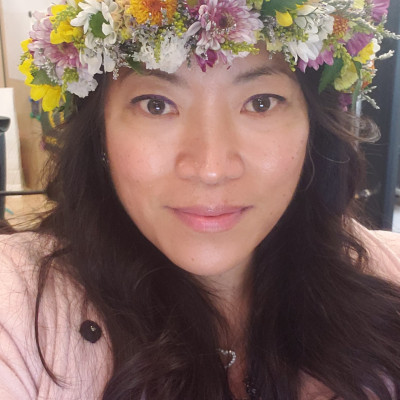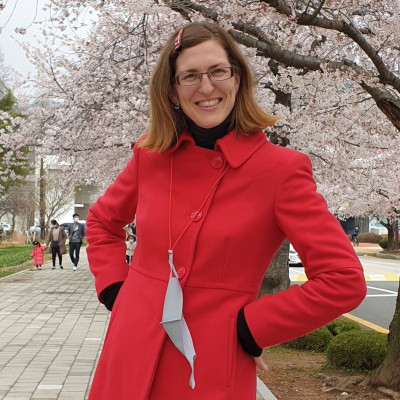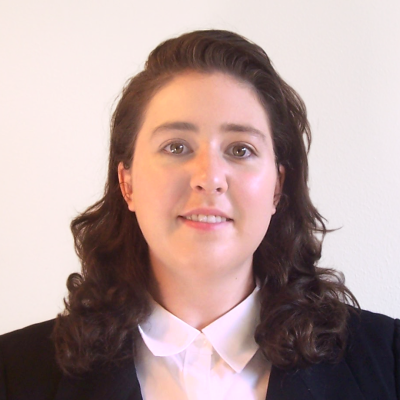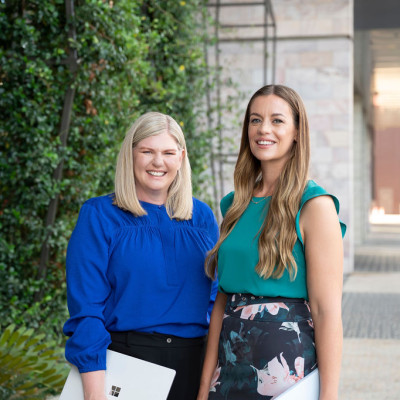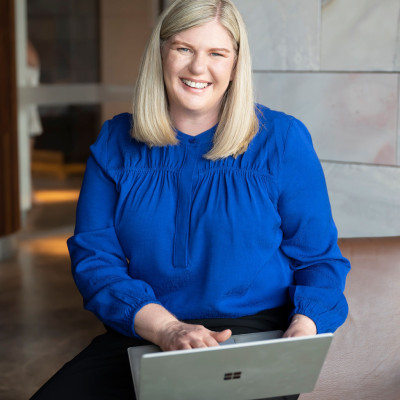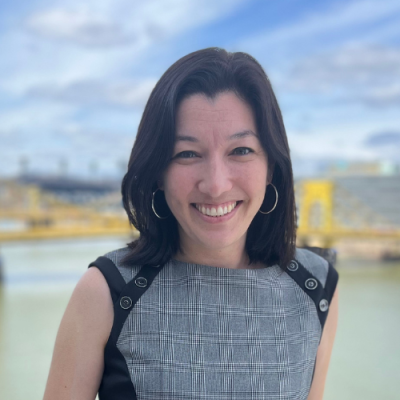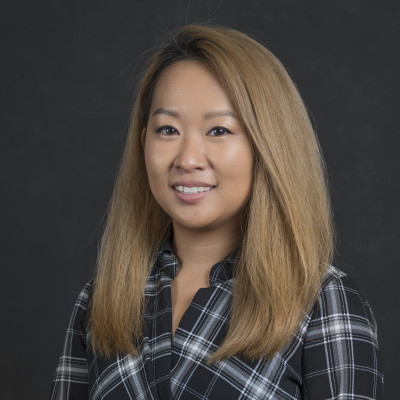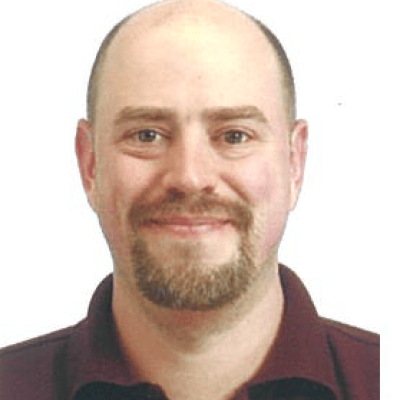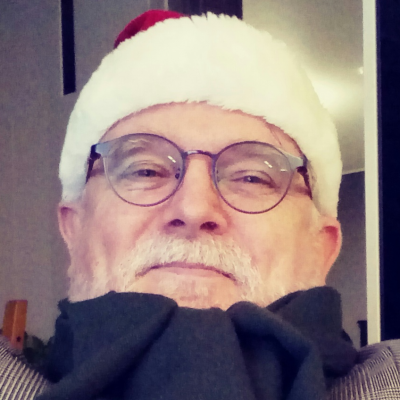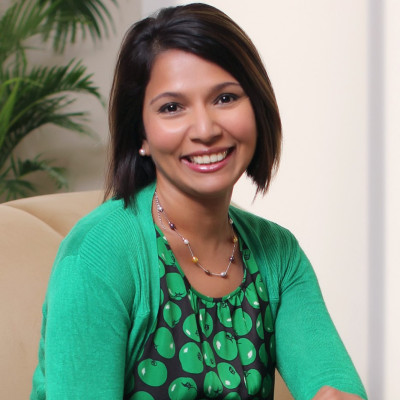Sessions / Workshop (80 mins Onsite)
Advancing Global Education (GE) in EFL Classrooms #3586
As our planet continues to face significant challenges, such as war, pandemics, social inequality, climate change, and human rights violations, students are directly impacted and may struggle to cope. Global Education (GE) is a pedagogical approach that offers students the opportunity to engage in meaningful discussions about relevant issues, challenge their perspectives, and improve their English abilities. Proponents of using global issues as content argue that it increases multicultural awareness, develops tolerance for different opinions and other cultures, promotes self-reflection, and enhances valuable skills such as problem-solving and critical thinking. The workshop will begin by addressing the components of a GE framework. Then, the presenters will focus on activities and materials, student reflections, and, through audience participation, discuss some of the challenges and limitations. The session will conclude with a Q&A.
Haiku Poems for Syllabic and Phonetic Awareness #3600
Creating Haiku poetry combines syllabic and phonetic awareness for English learners. This workshop demonstrates a Jigsaw PBL (Project-Based Learning) method. After an interactive warm-up activity practicing question forms to know each other, the class learns the Haiku poem structure. Then small groups of mixed-level participants brainstorm words associated with their local towns evoking nature to actively collaborate and create Haikus about their respective environments. Final presentations are on group posters (analog) and a wholeclass e-book accessible to the world (digitally on Canva). For professional development participants work in small, mixed groups to experience a jigsaw lesson in order to plan their own jigsaw lessons with their students’ needs in mind. Free resources are shared via Google Classroom and participants are invited to join a Facebook group for teachers to collaborate and share teaching tips as an on-demand professional development source to continue the conversation.
Teacher as Designer: Reflective Practice Through a Lens #3663
KOTESOL Reflective Practice Special Interest Group (RP SIG)
If a "picture is worth a thousand words," then a well-designed picture is worth a thousand more! Do you want to take more time to reflect on and document your teaching this year? Have you ever tried using photography to do this? Have you ever wished that your photos looked nicer? A basic knowledge of design principles could help with that! In this interactive workshop, groups will participate in a discovery activity to learn about seven key principles of design (pattern, contrast, emphasis, balance, proportion, harmony, and rhythm). We will continue by analyzing example photos that illustrate these principles to check comprehension. Participants will then use their new knowledge to complete a photo scavenger hunt, and in the process, reflect on their learning and teaching practice. At the end of the workshop, there will be time to share photos, discuss challenges and reflect on patterns. Participants will leave this workshop inspired to think like designers, use this modality to reflect on their practice, and maybe even take better photos as a result!
A teaching framework for supporting cognitive academic language proficiency in EMI classrooms. #3511
There is an established need for EMI teachers to access professional development that focuses not only on increasing language proficiency, but also on EMI specific student-centred methodology which develops discipline-specific literacy (British Council 2021; Nieto Moreno de Diezmas and Fernandez Barrera, 2021; Lasagabaster, 2022). This practical workshop is aimed at EMI teachers and those who support their teaching and professional development. It presents a principles-based framework to planning and delivery, enabling teachers to: · Pinpoint opportunities for student-centred tasks; · Select classroom language to set up tasks and give feedback; · Identify discipline-specific cognitive academic language proficiencies (CALP) required to complete tasks; · Source appropriate language support resources to scaffold learning. Workshop participants will be guided through the framework to plan a section of their lesson as practice in using the framework for future lessons. The template can be used to collaborate with English language professionals within their institutions.
Bridging Research and Practice: Professional Development on Teaching Writing in Secondary Schools #3500
This session presents the rationale, development, implementation, and initial assessment of an on-site, traveling professional development workshop series designed for secondary teachers engaged in academic writing instruction to English learners (ELs) in content areas. This workshop series was initiated in response to an increasing number of ELs in Florida and a large number of secondary educators entering the profession without ESOL endorsement due to a teacher shortage. It was designed to address teachers’ lack of pedagogical knowledge and skills to teach academic writing to secondary school students. Drawing on genre pedagogies and pedagogical discourse analysis, we invite conference attendees to join us to delve into the research-based framework, activities, and resources used to enhance secondary teacher competence in teaching academic writing. Participants will learn how to integrate language, content, and context in their teaching and analyze published texts and student essays to practice using genre pedagogies for teaching writing.
Student Agency 101: Practical Tools to Empower Learners with Voice and Choice #3504
Creating a student-centered English language classroom requires instructors to develop robust strategy toolboxes that promote learner agency and autonomy. When students are situated at the heart of instruction, learning experiences are differentiated and self-guided, resulting in increased intrinsic motivation. This workshop introduces language educators of all levels to a variety of activities that empower multilingual students to take ownership of their learning by exercising voice and choice throughout the learning process. These pedagogical approaches create space for students to integrate their lived experiences, follow their interests and passions, and exercise individual and collaborative decision-making as self-directed learners. Participants will interact with and build activities using provided templates that intentionally incorporate student voice and choice at various stages of the learning cycle, from vocabulary development and brainstorming options, to differentiated skill development and authentic assessment.
Bringing back face to face conferences: Dynamic presentations #3399
Perhaps you've found yourself at a conference, thinking that you could give a presentation. You can! This presentation is designed to walk participants through each step of the proposal and presentation process. You will be shown where to look for upcoming conferences, the steps to apply toward presenting, keys to a strong proposal, and some tips on how to make your presentation be successful. Because the process can seem a bit daunting and confusing the first time, we hope that having a couple veterans of the process to help you along the way might make all the difference. In this workshop, you will be given information, shown examples, and guided through small group work to start producing an abstract that participants can use for future proposals.
Audio Projects: ebook narration, voice over, radio play, podcasting #3396
An audio project can be any audio-centric project. This could be in the form of a journal, narrating an audiobook, video voice over, it can be an interview, a discussion, a performance. It can be scripted or unscripted. It can include speaking, singing, music, and sound effects. It really can be as simple or complex as you and your students want it to be. You can do it with existing tools like a smartphone or you can break the bank with the latest and greatest high tech equipment.
On the pedagogic side it offers four-language-skills practice, it’s project based, it offers opportunities for collaboration, team building and cooperation. It challenges students to explore the creative side of their entertainment devices, and finally it allows your students to take their English language practice outside of the classroom in as public a form as they dare.
Enhancing Students’ Success Using PBL in a Singapore University’s Writing Course #3486
This workshop provides ideas on how to use a Problem-Based Learning (PBL) approach to develop undergraduate students’ writing and communication competencies. Participants will experience how an authentic communication problem is facilitated in the Writing and Reasoning (WR) course at Singapore Management University. Through this learning process, students can hone their problem-solving, critical thinking, collaborative, communication, and presentation skills. In this workshop, participants will experience the steps in breaking down a problem, using scaffold questions to guide students’ learning, and giving feedback on students’ solutions to the problem. Suggestions on applying this workshop’s ideas to the participant’s own contexts will be discussed.

